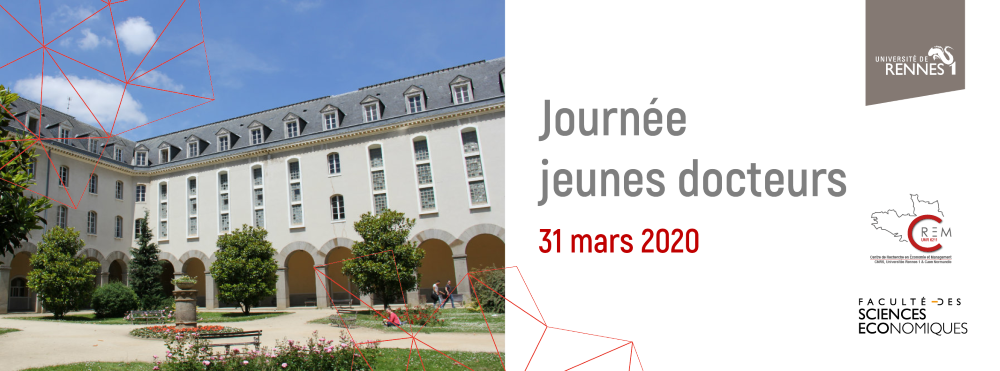We study physicians' incentives to use personalized medicine techniques, replicating the physician's trade-offs under the option of personalized medicine information. In a laboratory experiment, organized in two French Universities, where prospective physicians play a dual-agent real-effort game, we vary both the information structure (free access versus paid access to personalized medicine information) and the payment scheme (pay-for-performance (P4P), capitation (CAP) and fee-for-service (FFS)) by applying a within-subject design. Our results are threefold: i) Compared to FFS and CAP, the P4P scheme strongly and positively impacts the decision to adopt personalized medicine. ii) Although expected to dominate the other schemes, P4P is not always efficient in transforming free access to personalized medicine into higher quality patient care. iii) When it has to be paid for, personalized medicine is positively associated with quality, suggesting that subjects tend to make better use of information that comes at a cost. We conclude that this last result can be considered as a ``commitment device'' effect. However, quantification of our results suggests that its positive impact is not strong enough to justify generalizing the payment for personalized medicine access.
- Poster




